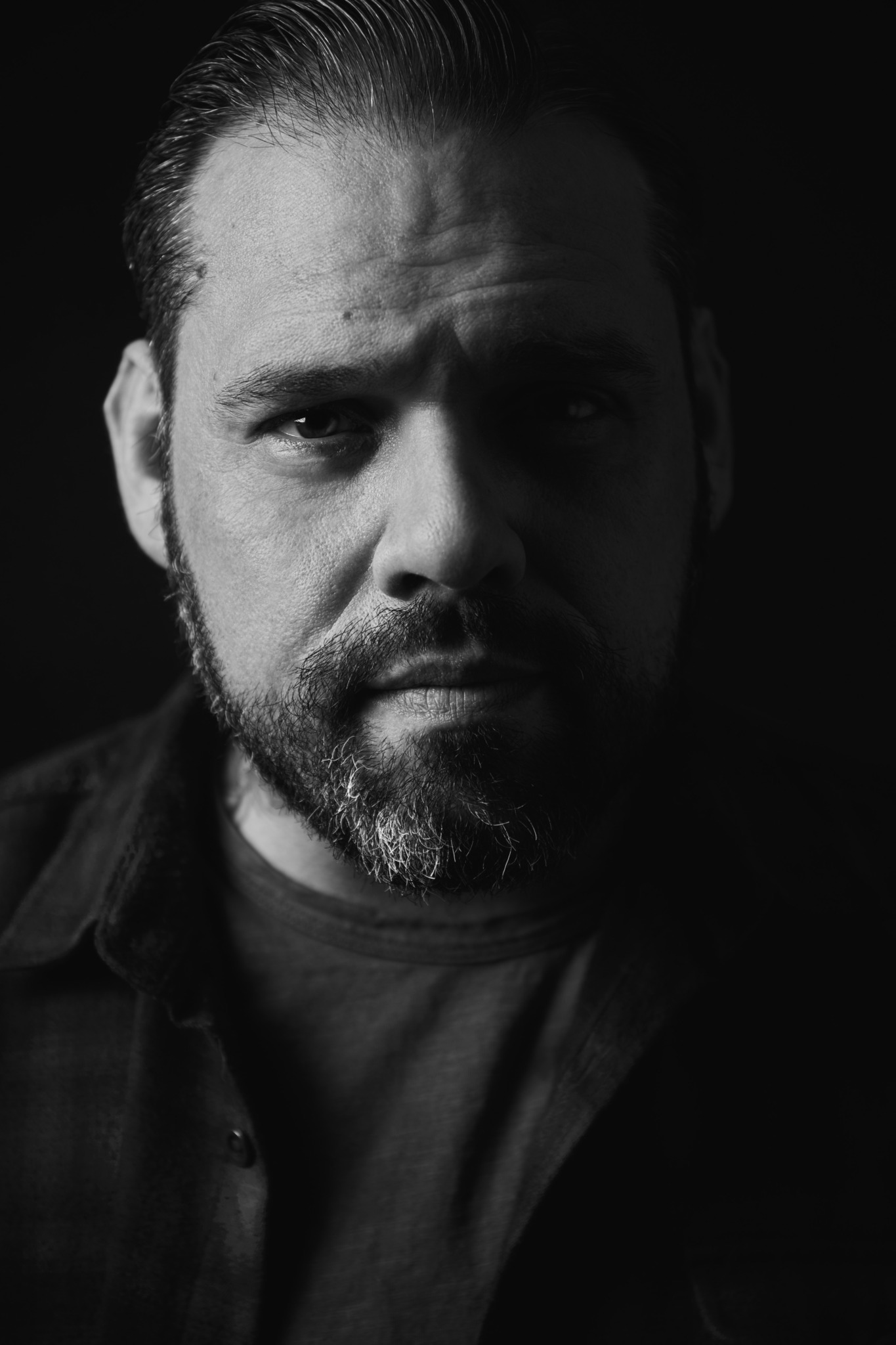We recently connected with Brian Cole and have shared our conversation below.
Brian, appreciate you joining us today. We’d love to hear the story of how you went from this being just an idea to making it into something real.
They say where there is a will there’s a way.
The idea was to make the unobtainable, obtainable. Or at least come as close as I could.
Architectural/Interior Photography is the most important marketing tool for various industries, i.e. Interior Design, Architects, Home Builders, Real Estate Agents, etc. As important as it is, it’s also very exclusive.
Many in the industry are priced out and have no option but to use real estate photography (which is no friend to their brand). The idea was, what if I can help local businesses by providing what they need at a price that works for their business? This led me down a path I’m still on and will probably always be on.
8 years ago I started developing a system of both shooting and editing that would enable me to provide the high-end photography people need, but in a fraction of the time, which allows me to offer more reasonable pricing. It was quite the process of figuring out how to accomplish something in 5 minutes that traditionally takes an hour. There were a lot of tests both on location and in post-processing, and both are still evolving.
I had to take all of the traditional methods and rules of the trade and rethink them. See what places I could compromise, or come up with a different idea to achieve similar results. On set, I had to rethink the most time-consuming parts of the process and come up with my own. When it came to editing it was a mix of creating a new process as well as figuring out how to achieve the looks that come from the best in the business. I seldom pay attention to the other photographers in my area, I always keep my focus on the best in the business. My goal isn’t to keep up with the locals but to continuously shoot for the moon as they say.
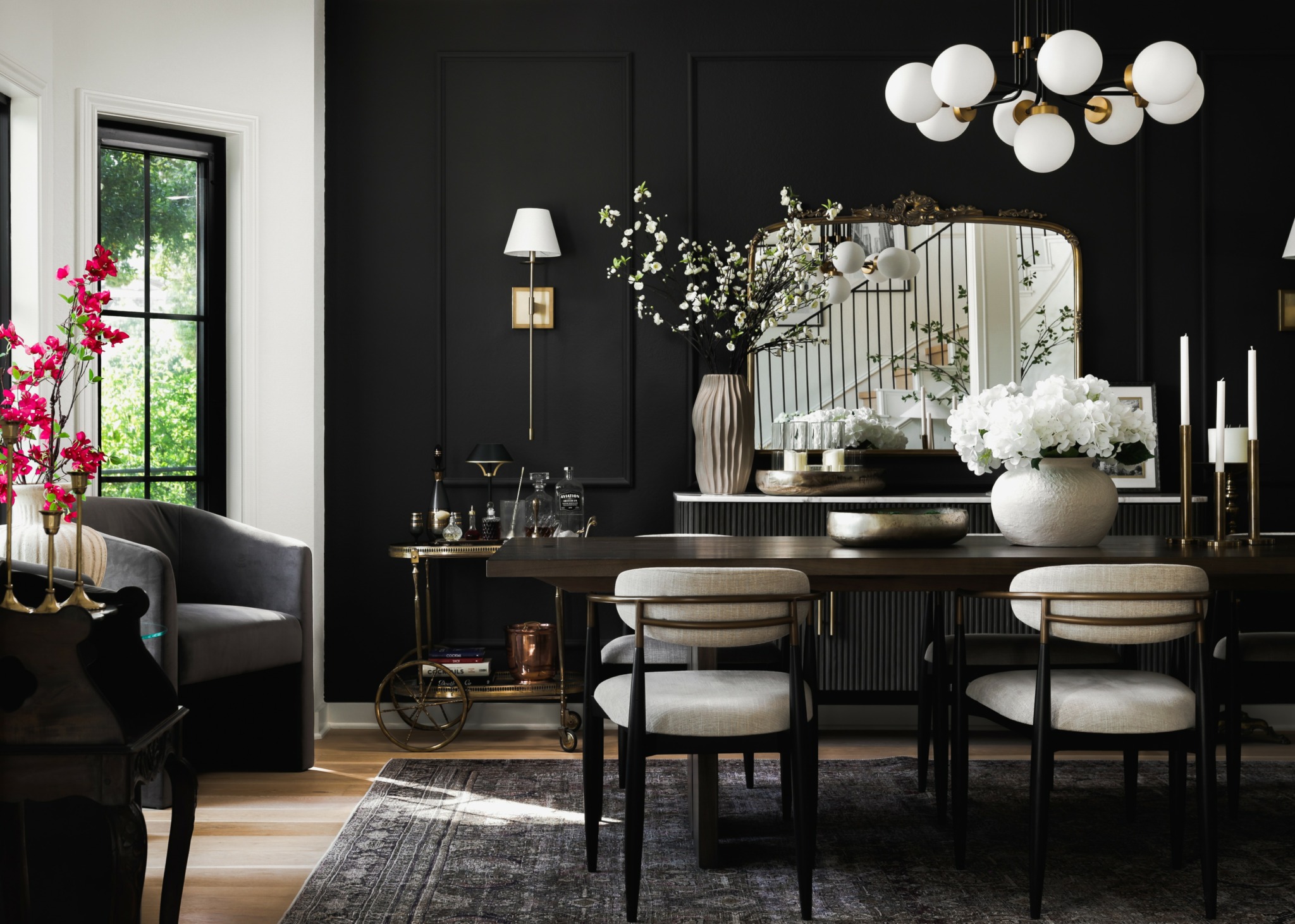
Awesome – so before we get into the rest of our questions, can you briefly introduce yourself to our readers.
I’m originally from CA, my family moved to the Austin area 8 years ago.
I’m a 3rd generation photographer, both my father and grandfather were portrait photographers.
I started in the family business as a studio portrait photographer 20 + years ago.
At the time I was also a touring musician, so I spent the first 10 years of my career going back and forth between the road and the photo studio. I didn’t have any ambition to be a photographer, I was dead set on being a rock star lol. As it turns out once you get married and have a family, being a photographer is much better suited for family life than rock’n roll.
After getting married and giving up my dream of rock stardom, I spent a couple of years trying to find my way and provide for my family, and we struggled greatly. It turns out that if you’ve spent your whole adult life touring in a band rather than having to do actual adult things, you come into the real world and it smacks you right in the face. I was basically a guy in my 30s who had all the qualifications of a 6-year-old lol. Luckily for me, my struggle led me to God. My wife and I found Jesus and our whole lives started to change in what felt like overnight. I was almost immediately led to real estate photography, which I had never thought of or even realized was a thing. This was a quick success that would soon lead to my own business and the interior photography I do now. Having roots in photography through my dad gave me a different way of looking at things. While most people in my field (real estate photography) were happy with providing the status quo, I think I had a different respect for the craft that made me feel like I had a responsibility to do better. Professional Architectural/Interior photography is a different animal, it’s a craft that demands great respect. There’s a reason it’s so expensive, it should be. The amount of skill and work needed is no joke. I had to learn everything I could so I could find my own way, while still showing respect for the craft. My dad always said “You have to know the rules before you can break them”. So even outside of my previous experience, and knowledge there was a lot I had to learn. When I take something on I get a little obsessed and consumed by it. So I was a little obsessed with figuring out how to make my photography stand up to the big boys (and girls) while keeping my original goal of bridging the gap.
I had to provide a finished product that stood up to my new contemporaries in the pro world, while also being accessible to local businesses. I think that’s what it’s all about, being there for the people that no one else is there for for. Who wants to charge $1,000 for something that other people charge 3,4,5, even 10 times as much for? Who wants to do 5 projects when they can only do 1 project and make the same money? I solved a problem that my clients have always struggled with by making my business photography forward, rather than money forward. Now this is only possible because of the methods I’ve come up with, if I did everything along the traditional route it would never work. For me, I think it’s been really important to think about who my clients are and what they need, as well as who I am and what I need. I’m not built to do everything, I’m not good at everything, and I had to find my sweet spot where I fit in. I’m not the best photographer in town, but I’m the best at what I do. I’ve created a niche in the market, and it’s held strong all this time. I had to find what was missing in the market and figure out how to create it. Having a niche in the market gives me more control and freedom over how my work looks, and how my business operates. I have more freedom to do what I want and that’s a tremendous blessing.
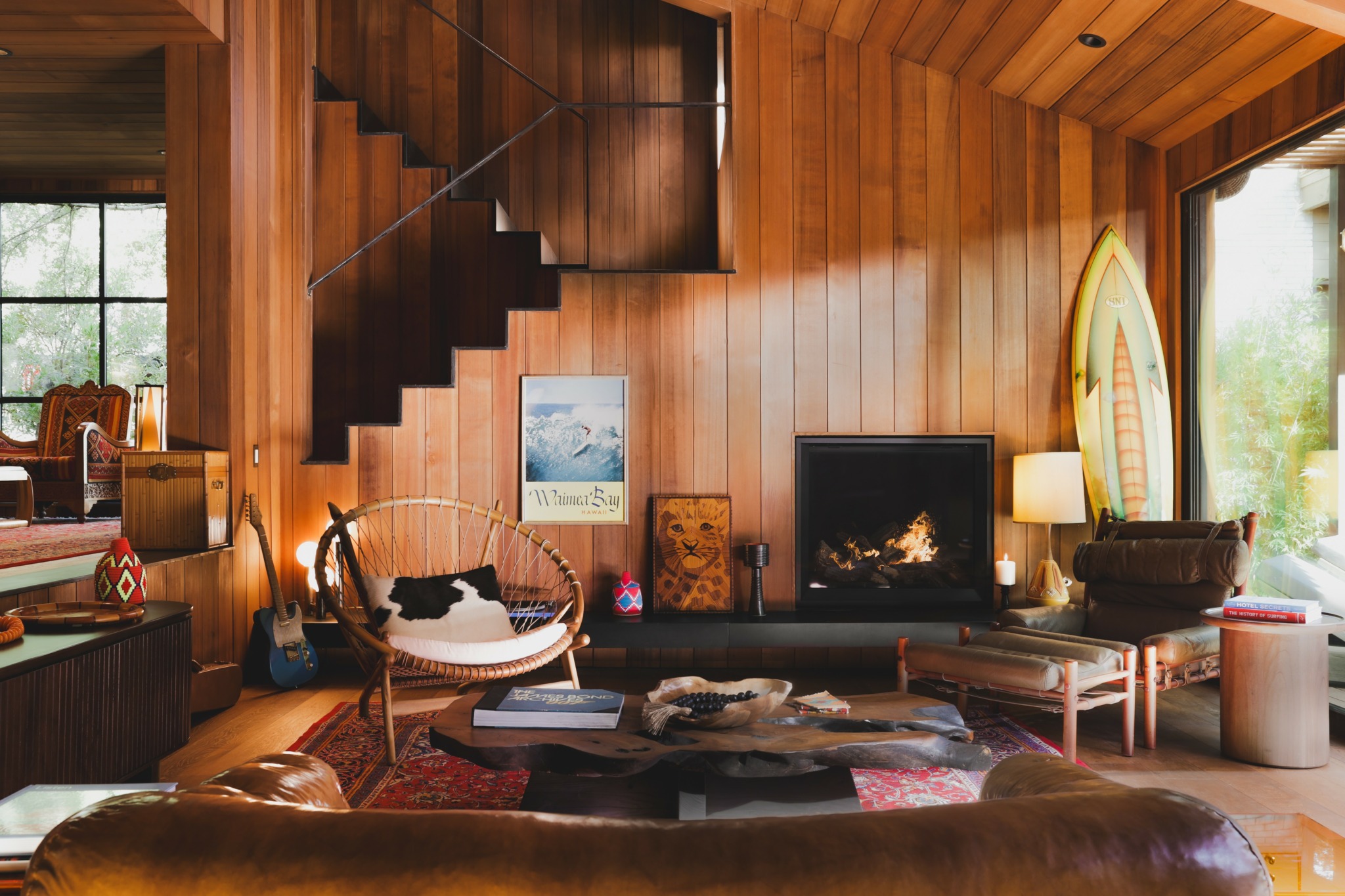
Any stories or insights that might help us understand how you’ve built such a strong reputation?
I think focusing on one thing and being the best at it. For example, I shoot a lot of luxury real estate. The real estate world is flooded with different services, and most real estate photographers offer 20,000 different products to make money and compete. I decided I wasn’t going to do any of that. I had a specific goal to create and deliver a specific product, with a specific brand recognition. If a product or service doesn’t match up with my brand I just don’t touch it. Many would say I’m leaving money on the table, but my clients use me because my product and service are on a different level. 100 people in town can provide for these needs, but there’s only one place in town to get what I offer. This allows me to price in a way that keeps me accessible, while also making the money I need without doing a million different things.
Whatever you do, be the best at it. There’s no better marketing than people seeing your work and wanting to know where to get it. My reputation comes from offering a unique product. Of course, having good customer service, being honest and trustworthy, etc. are all extremely important, but we should all be doing that anyway.
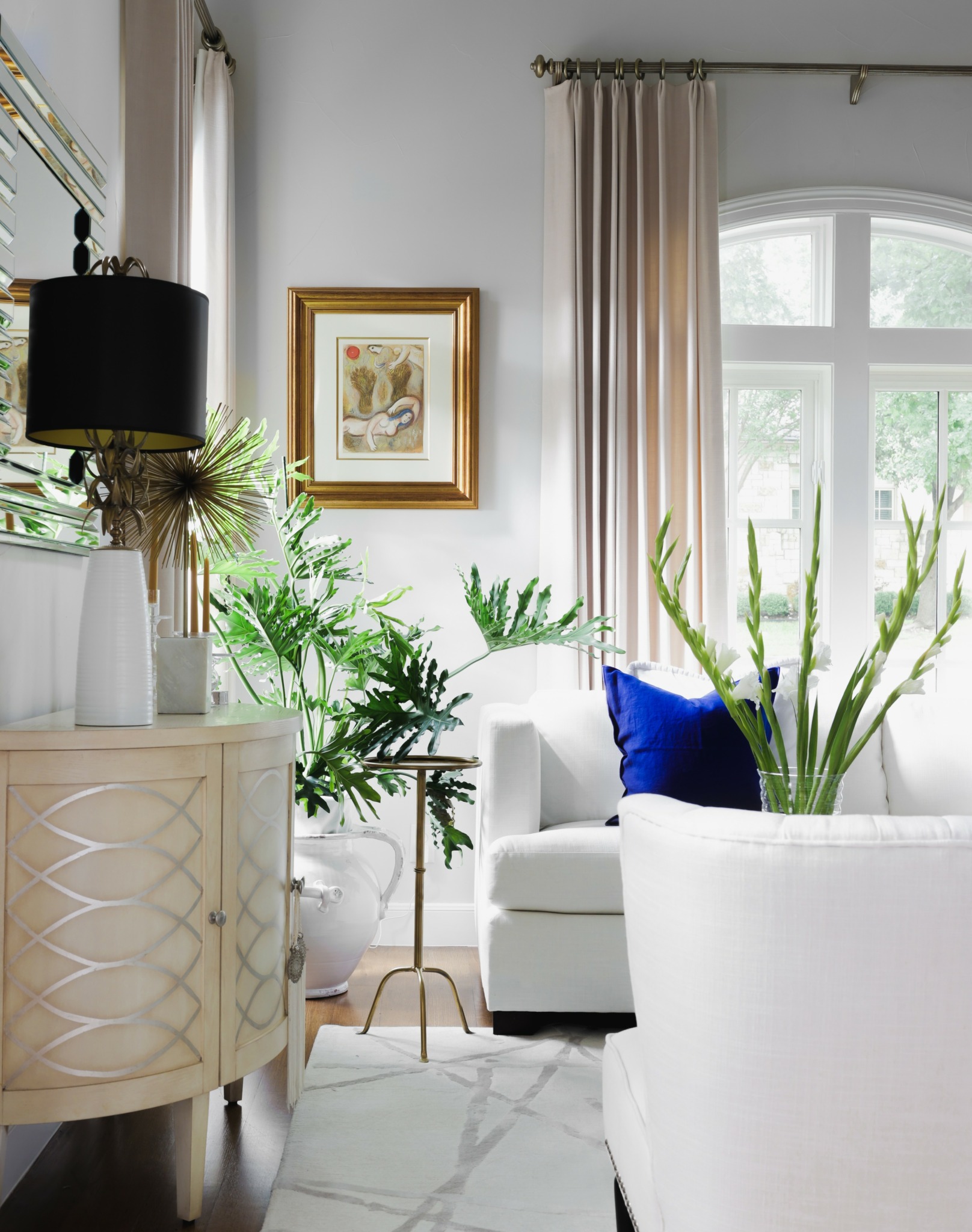
Is there mission driving your creative journey?
To be honest with you, my real goal is to retire lol.
My real goal is to get life to a place where I can travel with my wife and just enjoy the rest of our time together.
What I get to do for a living is amazing, I’m the most blessed guy on Earth. But it’s also extremely time-consuming. Owning your own business is great, but it consumes a large portion of your life. Because I’ve created two systems, one for shooting and one for editing, what I do is trainable. I would love to be able to expand my business around the country, maybe even the world. It would be really cool to be able to provide careers for photographers where they don’t have to take on the stress of owning a business, or the workload of editing the images. They could just be photographers like back in the old days before digital. Back in the day, we took the photos, then we sent the film to the lab. Once digital came in, photographers became the lab. In many ways this has been great for photography, but not so great for our free time lol. My Dad lived a life with a 40-hour work week, where I average closer to 70. It would be nice if, in the end, I could provide careers for both photographers and editors, both using my systems and both only doing the work that they love. It’s great to be a creative, but it’s also great to have time for your family and friends. I hope one day I can help photographers and editors do what they love while having the balance. I hope that my hard work can lead to better lives for them, while allowing me to join in on the fun.
Contact Info:
- Instagram: https://www.instagram.com/briancolephotos
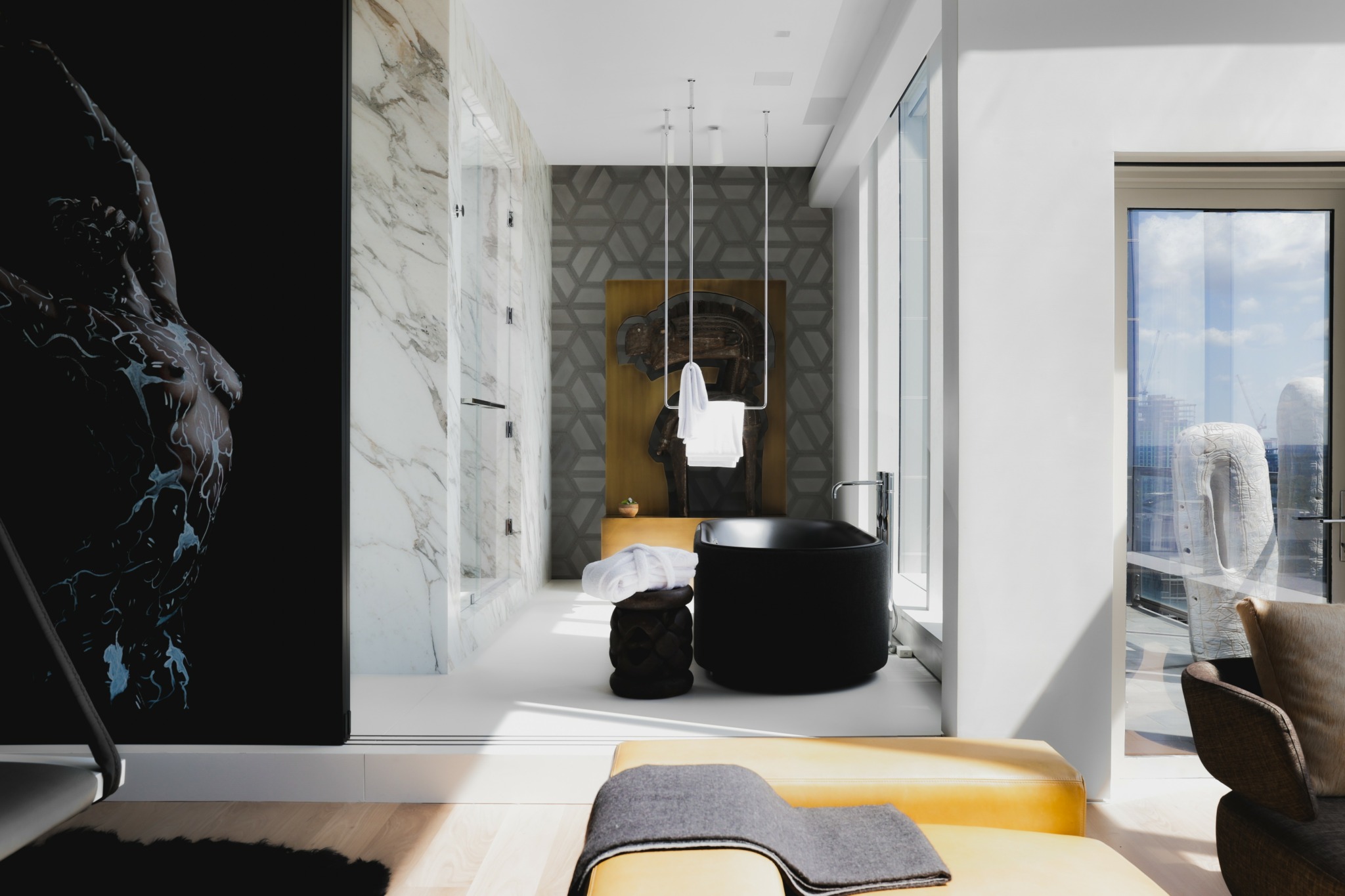
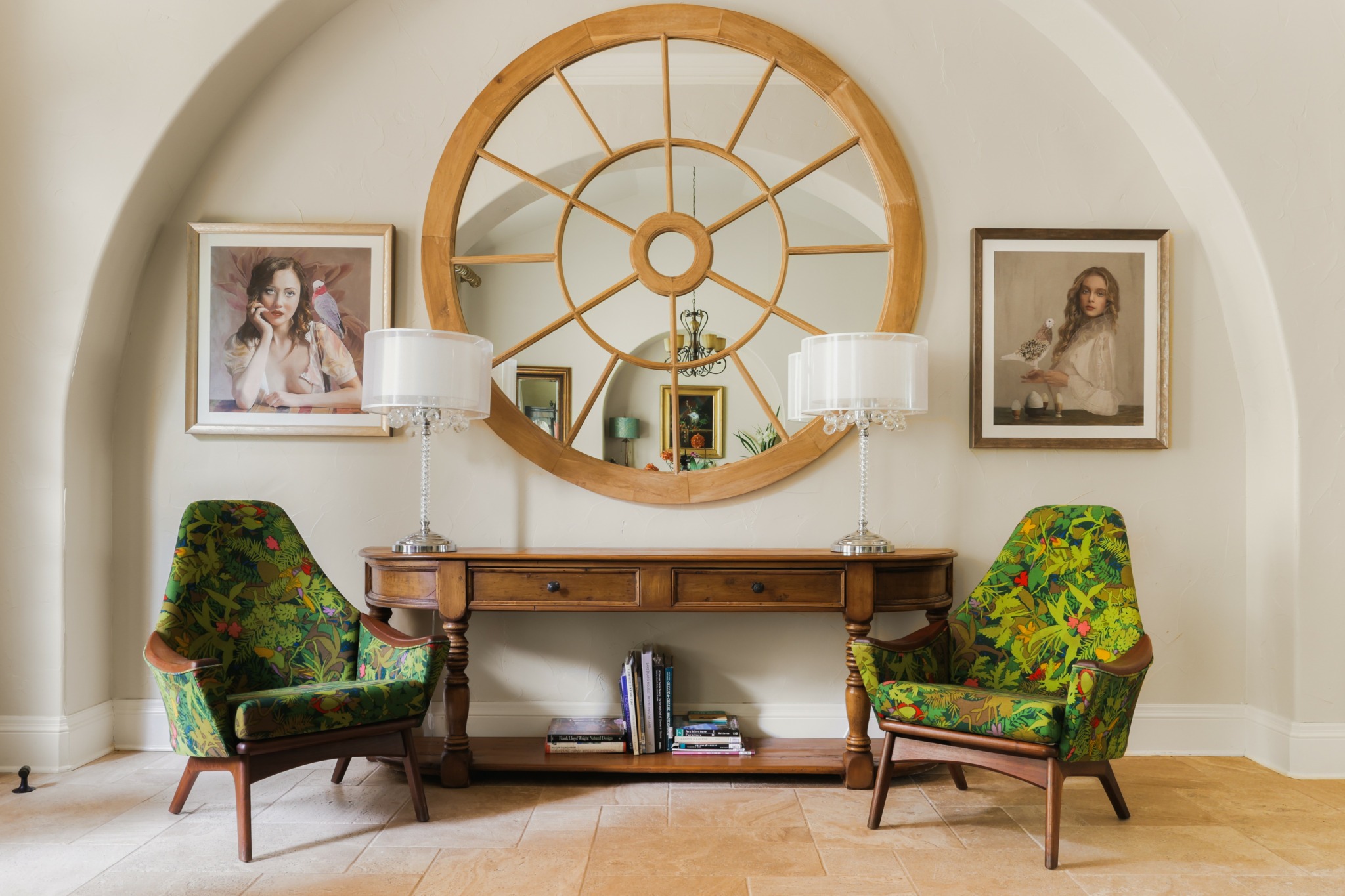
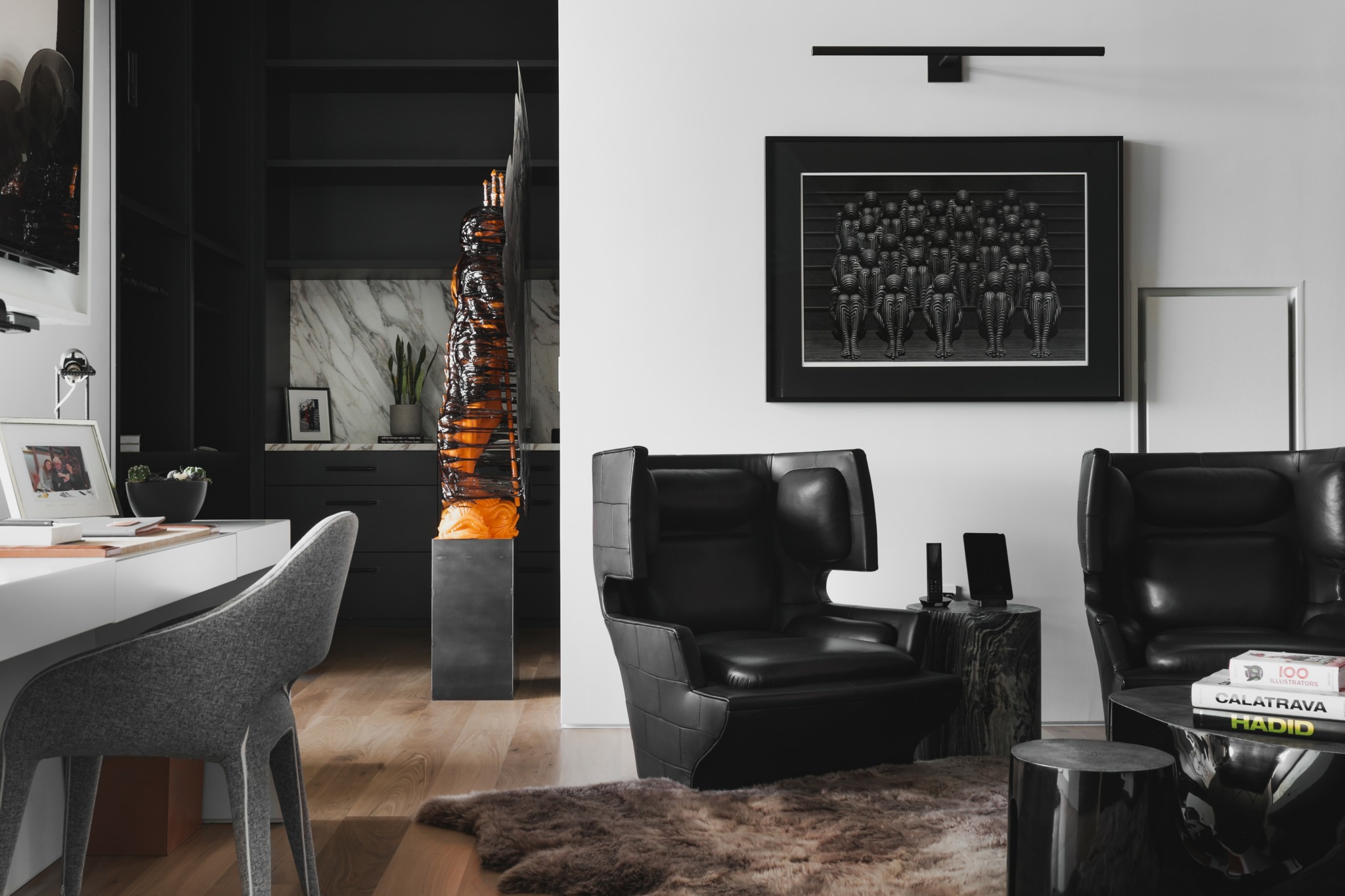
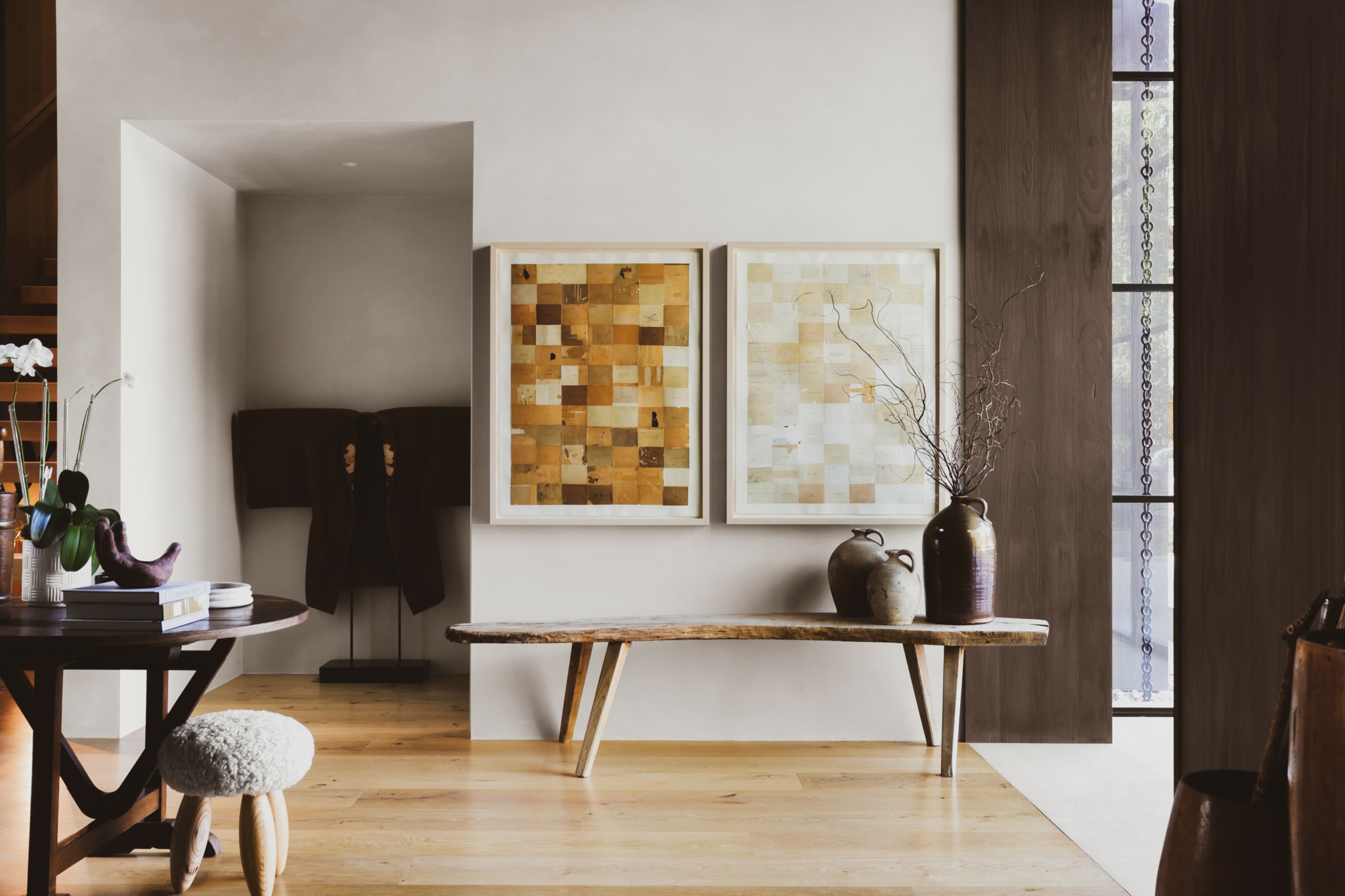
Image Credits
Brian Cole Photography


